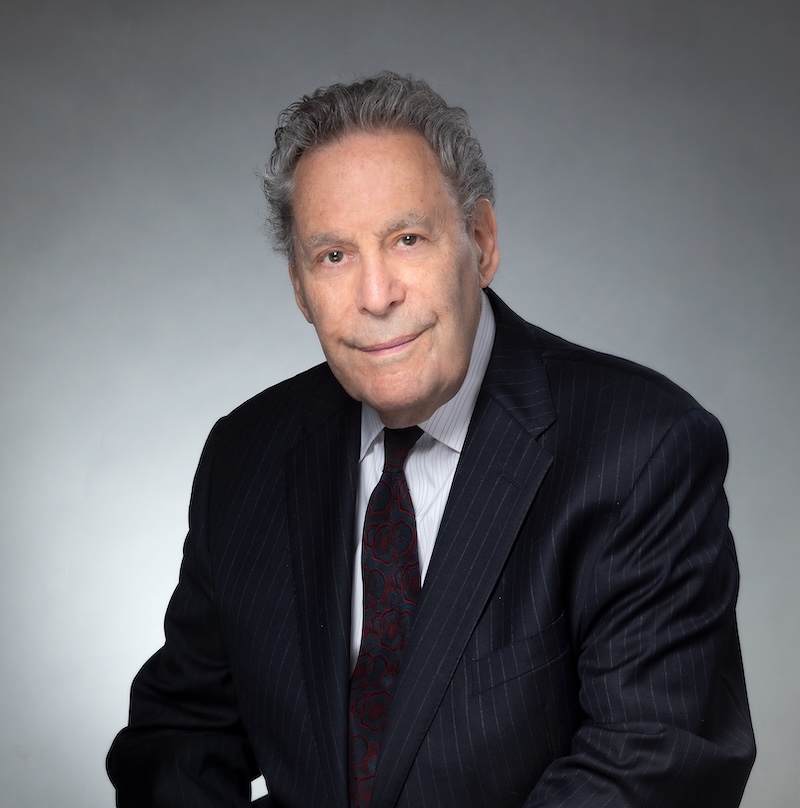If your doctor has diagnosed you with a disease that has no cure, you might be confused about what to do next. You may want to step back and take some time for self-care with recommendations from The International Center for Nutritional Research. Furthermore, here’s how to tackle pressing tasks like organizing your medical records, finding comfortable housing, and choosing an appropriate insurance policy.
Focus on Self-Care and Therapy
Taking good care of yourself is key. Ask your doctor about their recommendations with regard to your diet, exercise routine, and sleep schedule. You might also benefit from working with a therapist. Choosing Therapy recommends looking for a counselor who specializes in helping people navigate grief and illness.
Organize Your Medical Documents
You might be communicating with multiple medical professionals, caregivers, or family members to manage your symptoms and get the support you need. If you’re emailing someone or uploading documents to a patient portal, it’s best to use PDFs rather than Excel, Microsoft Word, or PowerPoint files. However, you can easily convert these file formats to PDFs by dragging and dropping them into a conversion tool.
Evaluate Your Insurance Policy
When you have an incurable condition, you may need expensive treatments or medications, so you’ll need to assess your insurance plan to check that you have adequate coverage. Remember, you can’t be denied coverage due to a preexisting condition, but you’ll still need to research your policy options thoroughly.
If you’ve recently stepped back from full-time work and begun freelancing in order to better support your health, figuring out your insurance coverage can get complicated. You may be able to join your parents’ or partner’s insurance plan, but if this isn’t possible, you can look into buying a policy through the Freelancer’s Union or the marketplace. Some freelancers do choose to purchase COBRA coverage, but this is often pricey.
Find Accessible Accommodations
Depending on your specific needs and the severity of your symptoms, you may not feel comfortable living in your current home, and you might be interested in seeking out an accessible home instead. If you want to purchase a new home, you’ll have to look up prices in your local market. You could also work with a real estate agent who has assisted clients in searching for accessible homes before. Additionally, the Council for Disability Awareness recommends looking into state-specific programs that offer down payment assistance or funds for necessary renovations.
Ask for Help
It can be hard to get used to asking for help. But you can’t meet all of your needs on your own. Reach out to your friends and relatives, and go over your budget to see if you can afford to hire a caregiver. You can also outsource domestic tasks by paying for a cleaning service or having groceries delivered.
Find an Escapist Past Time
Despite your diagnosis, you want to find joy in life – but some days, your reality feels suffocating. It’s okay to escape into a hobby sometimes. This could be the perfect time to rewatch your favorite comforting movies or discover your next favorite film. Make good use of your library card, and get lost in a captivating series that takes you to another world.
You could also pick up a new creative hobby, like painting, knitting, or writing. You might be surprised by how much progress you can make and how much creativity can help your mental health.
Processing a diagnosis like this is challenging. By sorting out your medical records, moving into a more comfortable home, and getting reliable insurance coverage, you can gain peace of mind. With these tips, you can make the most of this next chapter.
Photo via Unsplash
Edited by Dr. Smith of The International Center for Nutritional Research. Dr. Smith is certified by the World Organization for Natural Medicine to practice natural medicine globally. Call us today at 1-800-272-2323 for more information!

